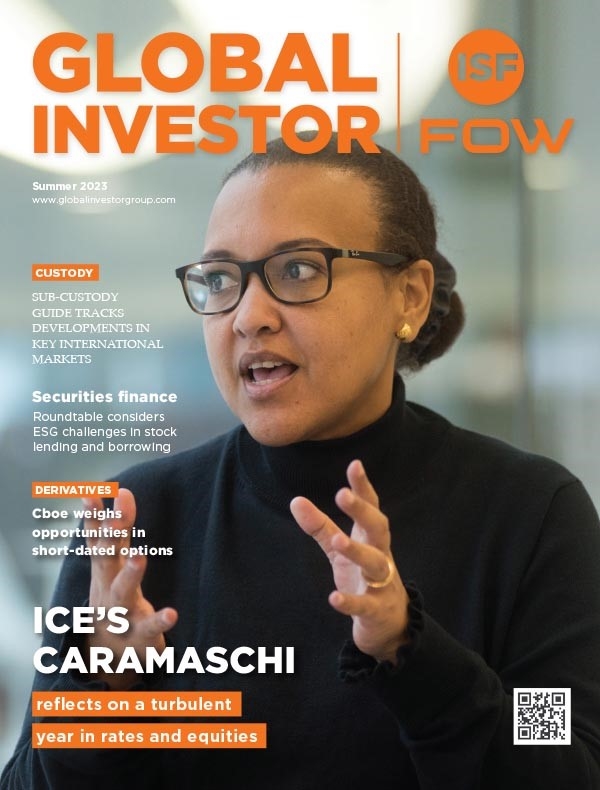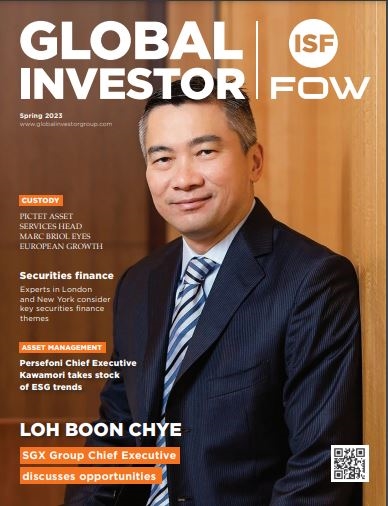Asia update
Thailand's central bank is considering a $5 billion sovereign wealth fund to invest some of its foreign exchange reserves in equities. Reports suggest the fund would start with reserves between $5 billion and $10 billion, although Thailand's total reserves amount to over €65 billion ($100 billion).
Suchada Kirakul, the assistant governor of the Bank of Thailand, suggested that although a small fund could be established, it may be expanded further down the line.
A green light was given on short-selling in India on 21 April. The Securities and Exchange Board of India gave the go-ahead, and HSBC have subsequently begun clearing positions on the National Stock Exchange of India and the Bombay Stock Exchange.
HSBC is offering clearing services for securities lending and borrowing transactions. A spokesman at HSBC Securities Services India said: "This is another step forward for the Indian capital markets because it provides another option for investors to trade in the Indian market and look for opportunities that align with their investment strategies."
An Electronic Trading Platform (ETP) for the Malaysian bond market has been introduced by Bursa Malaysia. The new platform is a customised version of the Korea Exchange's bond trading system, and allows users to match bids with offers, negotiate deals and access historical data through a common computerised network.
Dato' Yusli Mohamed Yusoff, chief executive officer of Bursa Malaysia said: "Bond market dealers will be able to place their orders directly to the exchange through ETP and we expect more bond trades to be transferred from the over-the-counter market to ETP."
In Korea, US dollars and US treasury bonds are now being accepted as collateral for securities lending and borrowing transactions. The Korea Securities Depository (KSD) stock loan and borrow (SLB) foreign denominated collateral was included in the eligible collateral in order to accommodate the needs of foreign investors who account for 90% of stock lending and borrowing transactions in Korea.
The KSD plans to expand the range of eligible foreign collateral further in the future.



